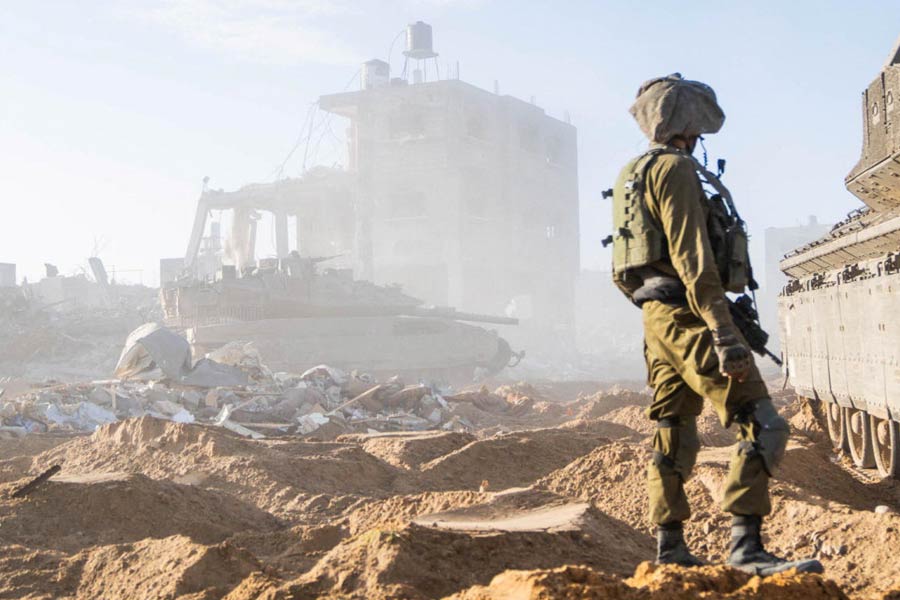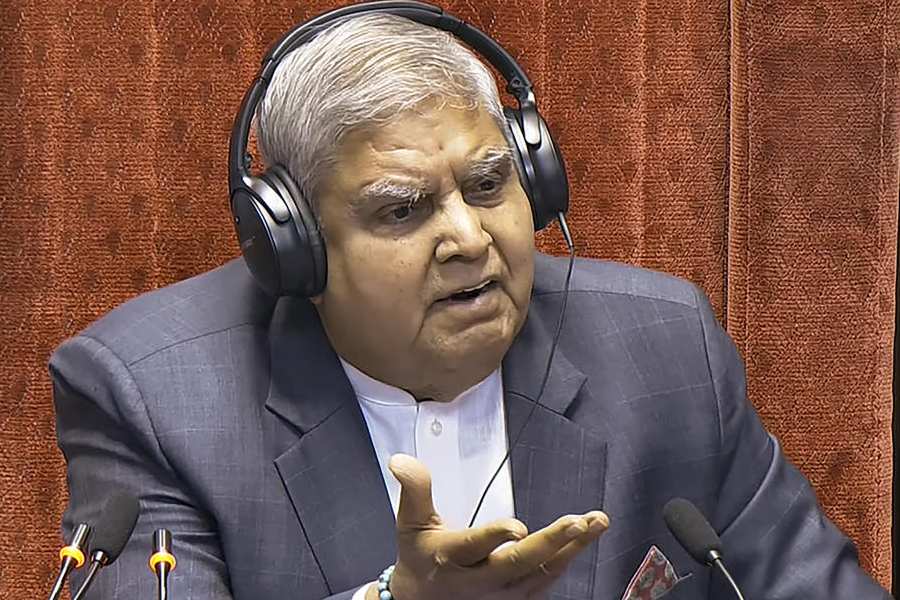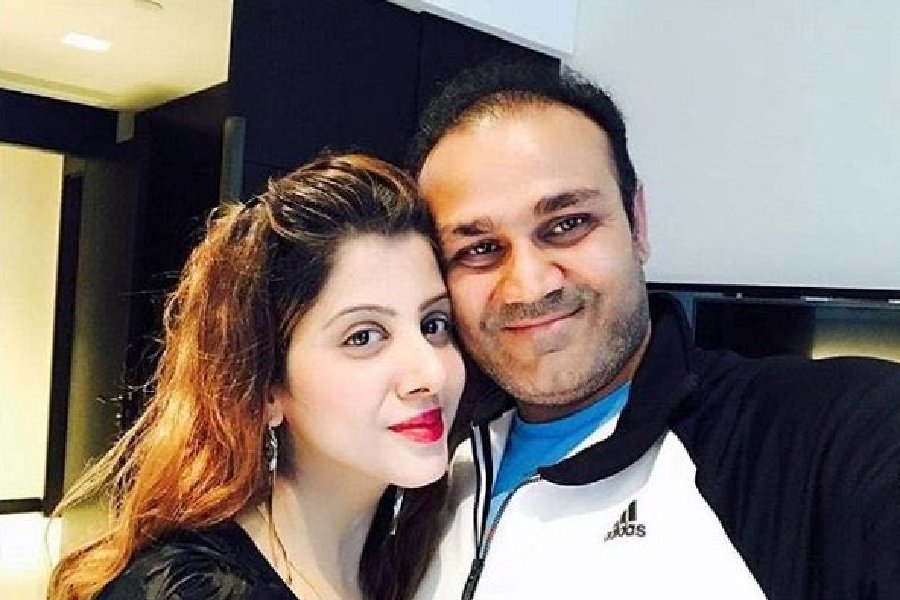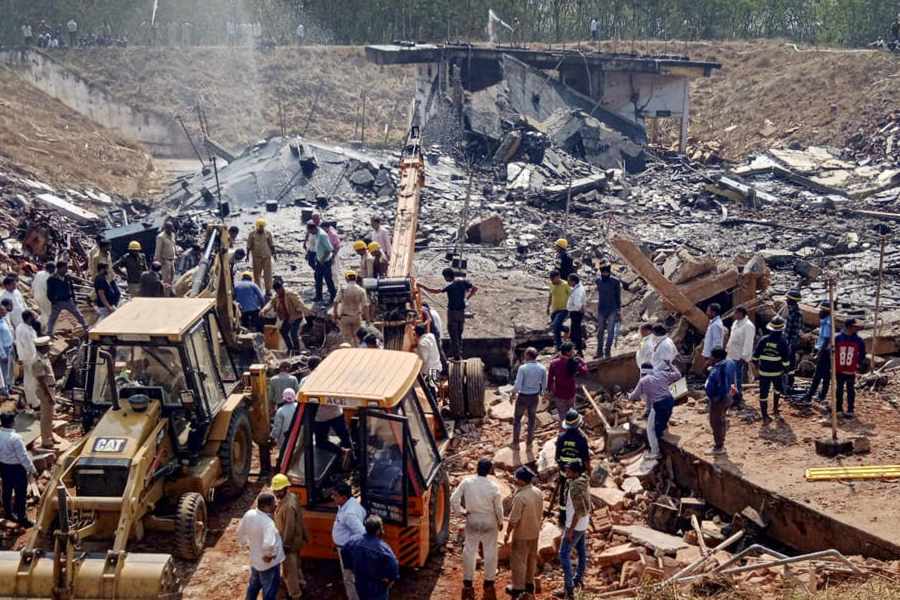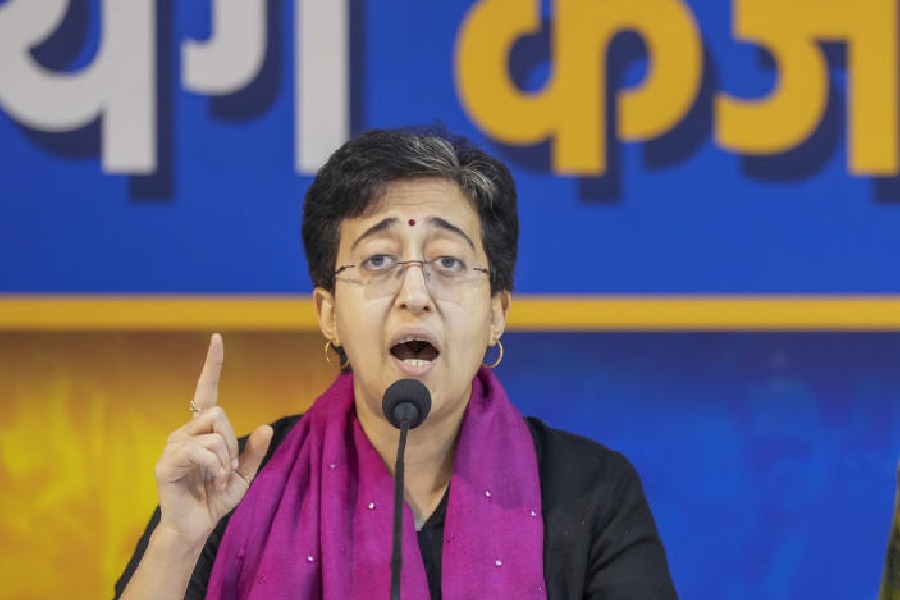When an Israeli shell struck Gaza's largest fertility clinic in December, the explosion blasted the lids off five liquid nitrogen tanks stored in a corner of the embryology unit.
As the ultra-cold liquid evaporated, the temperature inside the tanks rose, destroying more than 4,000 embryos plus 1,000 more specimens of sperm and unfertilized eggs stored at Gaza City's Al Basma IVF centre.
The impact of that single explosion was far-reaching — an example of the unseen toll Israel's six-and-a-half-month-old assault has had on the 2.3 million people of Gaza.
The embryos in those tanks were the last hope for hundreds of Palestinian couples facing infertility.
"We know deeply what these 5,000 lives, or potential lives, meant for the parents, either for the future or for the past," said Bahaeldeen Ghalayini, 73, the Cambridge-trained obstetrician and gynaecologist who established the clinic in 1997.
At least half of the couples — those who can no longer produce sperm or eggs to make viable embryos — will not have another chance to get pregnant, he said.
"My heart is divided into a million pieces," he said.
Three years of fertility treatment was a psychological roller coaster for Seba Jaafarawi. The retrieval of eggs from her ovaries was painful, the hormone injections had strong side effects and the sadness when two attempted pregnancies failed seemed unbearable.
Jaafarawi, 32, and her husband could not get pregnant naturally and turned to in vitro fertilisation (IVF), which is widely available in Gaza.
Large families are common in the enclave, where nearly half the population is under 18 and the fertility rate is high at 3.38 births per woman, according to the Palestinian Bureau of Statistics. Britain's fertility rate is 1.63 births per woman.
Despite Gaza's poverty, couples facing infertility pursue IVF, some selling TVs and jewellery to pay the fees, Al Ghalayini said.
At least nine clinics in Gaza perform IVF, where eggs are collected from a woman's ovaries and fertilised by sperm in a lab. The fertilised eggs, called embryos, are often frozen until the optimal time for transfer to a woman's uterus. Most frozen embryos in Gaza were stored at the Al Basma centre.
In September, Jaafarawi became pregnant, her first successful IVF attempt.
"I did not even have time to celebrate the news," she said.
Two days before her first scheduled ultrasound scan, Hamas launched the Oct. 7 attack on Israel, killing 1,200 people and taking 253 hostages, according to Israeli tallies.
Israel vowed to destroy Hamas and launched an all-out assault that has since killed more than 33,000 Palestinians, according to Gaza health authorities.

